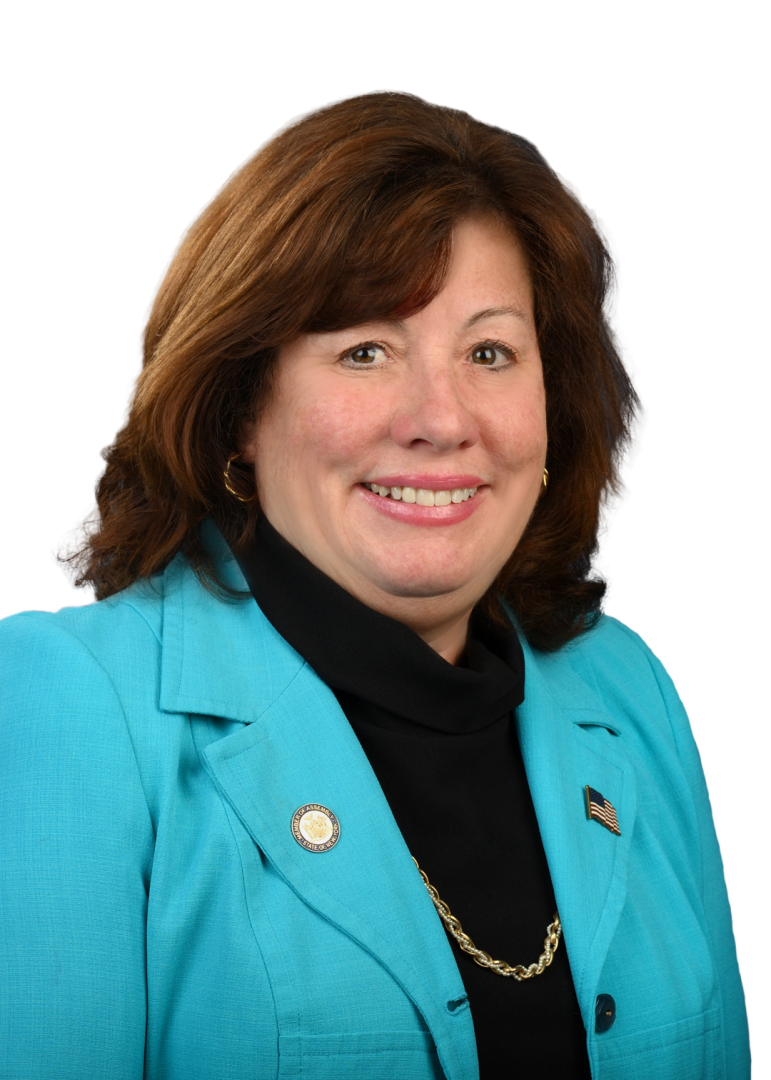Assemblywoman Buttenschon: Final Budget Must Fairly Fund Local Students, Protect Rural Health Care
Assemblywoman Marianne Buttenschon (D-Utica) announced that securing fair funding for Mohawk Valley students and protecting emergency medical services in rural areas are among her top priorities as she helps craft this year’s state budget.
“I’ve spent my entire life working to ensure folks in the Mohawk Valley have access to the resources and support they need, and now that I’m in Albany, I’m doubling down on those efforts,” said Buttenschon. “By providing our students with a comprehensive education and ensuring our families have access to the health care services they need, we can ensure our communities continue to grow and thrive.”
Before coming to the Assembly, Buttenschon spent her career in education and served as the former dean of public service and emergency preparedness at Mohawk Valley Community College. She believes that public school students deserve every opportunity to succeed – a choice of elective classes, small class sizes to ensure they get one-on-one time with teachers and after-school programs that pique their interests.
“A comprehensive education lays the foundation for a bright future, and it’s critical that our schools get the resources they need to make this a reality,” said Buttenschon. “I’ll make sure that upstate schools, particularly those in rural districts, get their fair share of education funding to ensure all our children have the tools they need to succeed.”
During her time overseeing public service and emergency preparedness at MVCC, Buttenschon also saw the importance of ambulance services in rural regions with large Medicaid populations. In some areas, people in dire need of medical treatment have to wait nearly an hour for an ambulance.[1] The executive’s proposed cuts would lower the Medicaid reimbursement rate by an additional 22 percent, despite the fact that the current rate is already well below the rates offered by Medicare and private insurance.[2]
“No one should ever have to wonder how they’re going get to the hospital when emergency strikes,” Buttenschon said. “Rural communities like ours are already suffering as it is without the proposed cuts in the executive budget. We can’t take away funding from emergency services – the stakes are just too high.”
